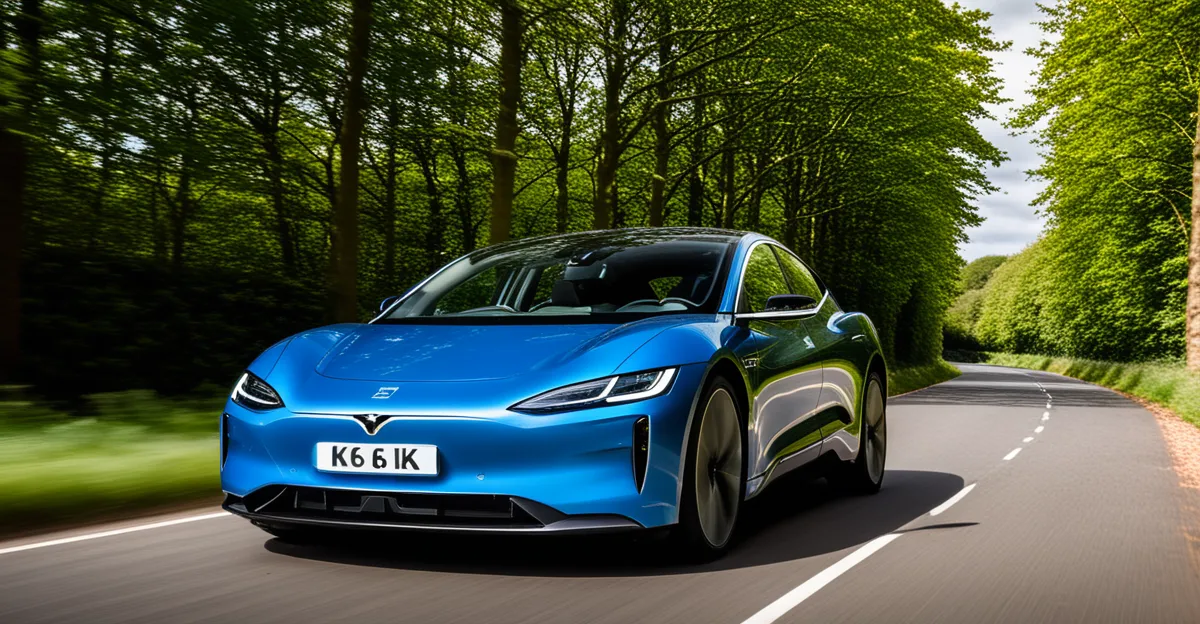Impact of Electric Vehicle Adoption on the UK Automotive Sector
The rise of electric vehicle adoption UK is reshaping the automotive landscape profoundly. Recent data reveals a sharp increase in EV uptake, reflecting growing consumer preference for environmentally friendly transportation. This shift affects both demand patterns and industry dynamics.
As consumers embrace EVs, traditional internal combustion engine vehicles face declining sales, prompting manufacturers to innovate rapidly. The EV impact analysis shows a clear trend: buyers prioritize zero-emission technologies, enhanced performance, and reduced running costs. These preferences challenge established automakers to pivot their product offerings and operations.
Also to read : What are the key challenges faced by the UK automotive supply chain?
Simultaneously, new entrants specializing in electric models disrupt the market. They bring fresh competition, fostering accelerated innovation and expanding EV options. The automotive industry changes also extend to supply chains and retail strategies, as companies must now cater to a diverse, technology-driven customer base.
Understanding these shifts is essential. They inform strategic decisions within the sector, guide policymakers, and help consumers better navigate the expanding EV market. The ongoing transformation underscores the importance of adapting to this environmentally focused movement that defines the UK automotive future.
Also to see : How is the UK automotive sector enhancing supply chain efficiency?
Changes in UK Automotive Manufacturing and Supply Chains
The shift toward EV manufacturing UK presents significant challenges for traditional automakers. Adapting existing production lines to electric vehicle production requires major capital investment and retooling. This transformation impacts both the cost structures and timelines of manufacturers, as they must integrate new technologies such as electric drivetrains and battery packs.
A key aspect of this shift is the supply chain transformation. The UK is increasingly focusing on the localization of critical components, especially battery manufacturing, to reduce reliance on foreign suppliers and improve resilience. Establishing domestic battery production hubs supports faster delivery times and strengthens the overall EV ecosystem in the region.
Additionally, electric vehicle production demands new supplier relationships. Traditional combustion engine parts suppliers are seeing a reduction in orders, while companies specializing in electronics, batteries, and software components become more prominent. This evolution necessitates collaboration across the industry to align on standards and ensure quality.
In summary, the automotive industry changes in the UK reflect an ongoing supply chain overhaul, emphasizing flexibility, local sourcing, and innovation tailored to the demands of electric vehicle manufacturing and market growth.






